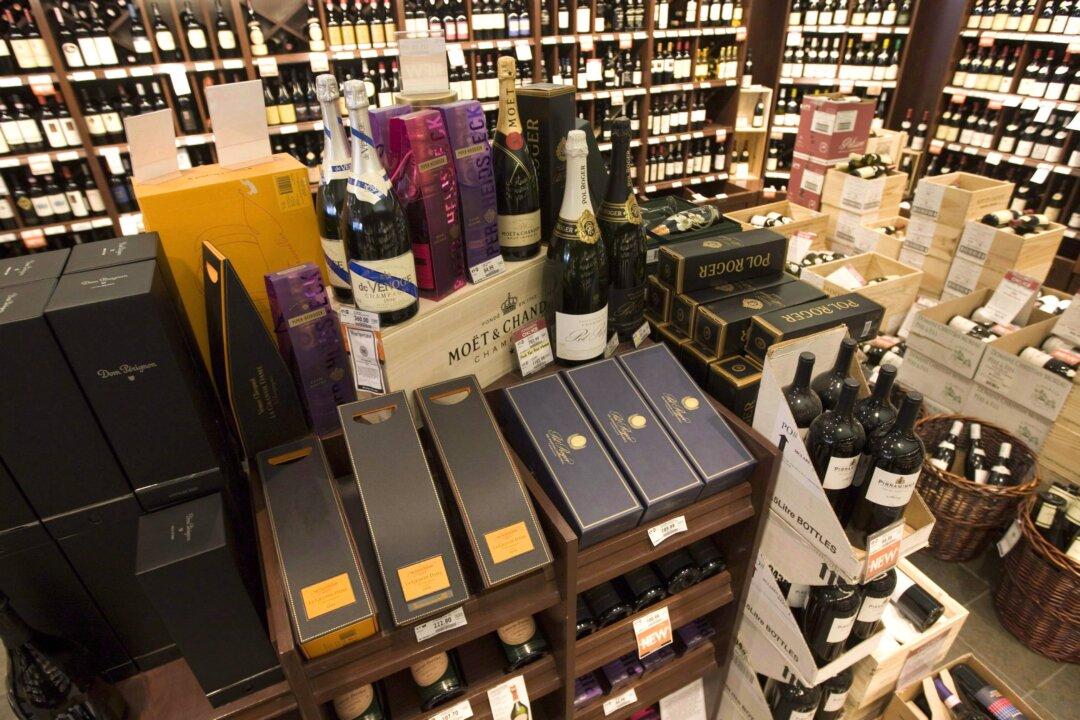The Ontario government is again vowing to freeze the provincial tax built into the price of beer and wine as Ottawa gets ready to increase its federal tax on alcohol this spring.
The province has announced the beer basic tax and Liquor Control Board of Ontario (LCBO) mark-up rates that were set to rise roughly 4.6 percent on March 1 will remain frozen for the next two years.





